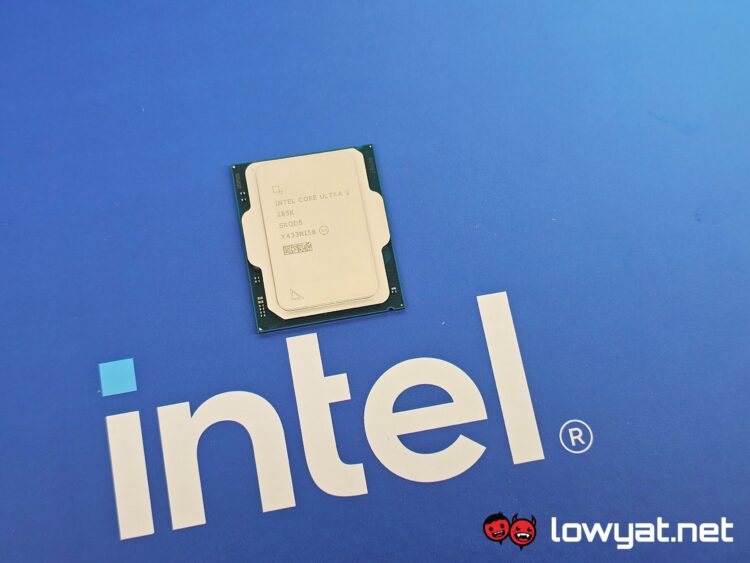Intel’s Israel office recently filed a lawsuit in the country’s court, alleging a rather sophisticated embezzlement scheme that could’ve costs the company over US$840,000 (~RM3.56 million). The lawsuit addresses a Natalia Avtsin, a former employee in the chipmaker’s hardware production department, along with a former supplier.
Avtsin’s employment at Intel was terminated in November 2024, and was unrelated to any suspected misconduct and was done as part of the brand’s staff reduction. At the time, it had no idea of Avtsin’s embezzlement activities. The supplier, known as Yafim Tsibolevsky, met Avtsin in September 2023, who had registered as an authorised dealer under the name “Energy Electronics 200”. The alleged fraud began a month later, and continued until Avtsin’s dismissal.
As per CalcalisTech:
“The fraudulent collaboration worked as follows: Avtsin would email Tsibolevsky for price quotes on hardware components. Upon receiving a quote, she would forward the request to her manager for purchase approval. However, after receiving approval, Avtsin allegedly altered the transaction classification from “components” to “services”, a change that bypassed critical verification steps.”
The jig was up for Avtsin after Intel noticed that she had sent quotes that had their transaction classifications altered, from “components” to “services”. Doing this allows hardware listed under the latter to bypass essential verification protocols, and logically speaking, only someone inside the company would know how a reclassification could circumvent its many security checks.
That said, purchases classified under services still would’ve drawn scrutiny, given that Tsibolevsky’s Energy Electronics 2000, while registered as a hardware dealer, wasn’t registered as a service provision company. In a further effort to evade detection, they issued invoices of US$20,000 (~RM84,840) or less. Yet again, another bit of information they would be unaware of unless someone on the inside had provided it.
Intel noted that certain transactions were processed by Levanon Kogan, a company that wasn’t registered with the chipmaker. It isn’t accusing Levanon Kogan of any misdemeanour, but these activities appeared to correlate with the duo’s schemes.
In total, Intel told Calcalistech that it discovered as many as 30 counterfeit orders were processed via Levanon Kogan, totalling to an approximate amount of US$561,000 (~RM2.37 million). Ultimately, the chipmaker is demanding that Atvsin and Tsibolevsky repay stolen funds and any profits they made from them.
(Source: Tom’s Hardware)



